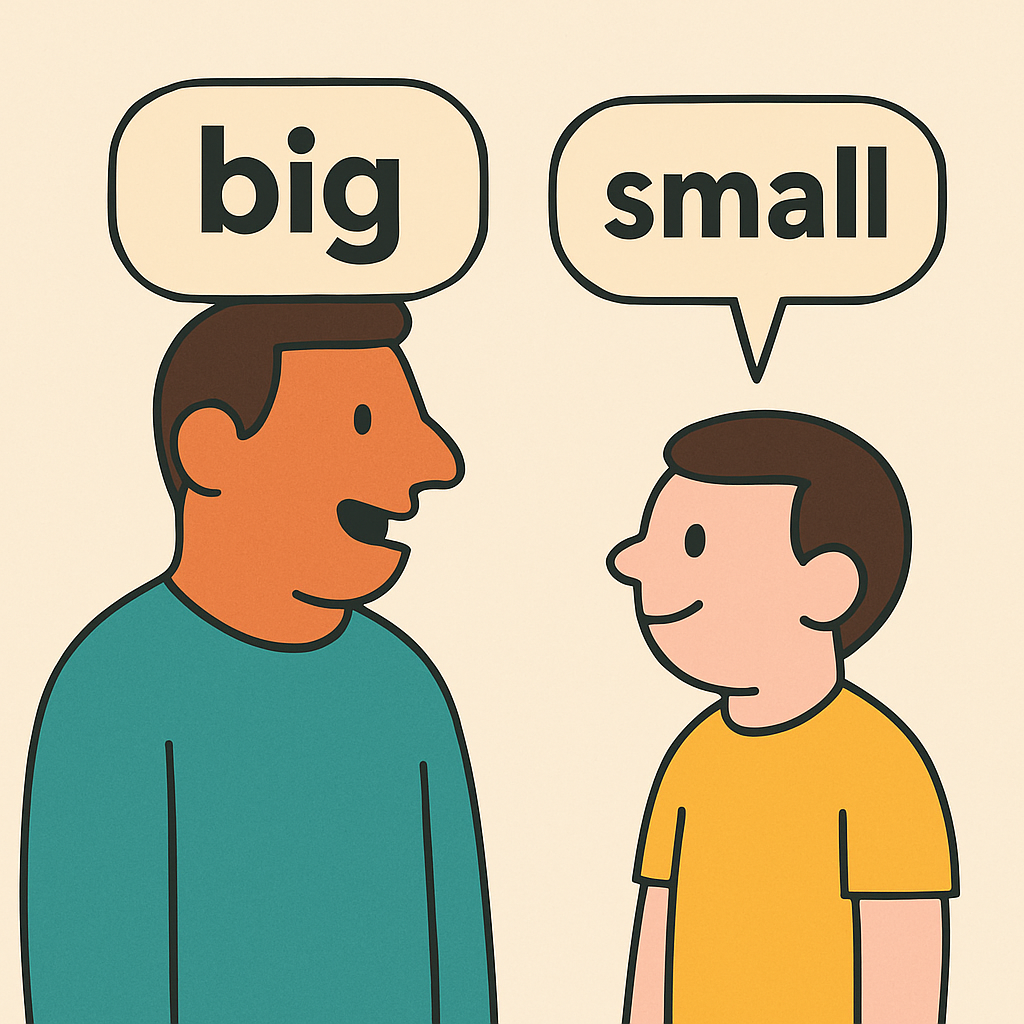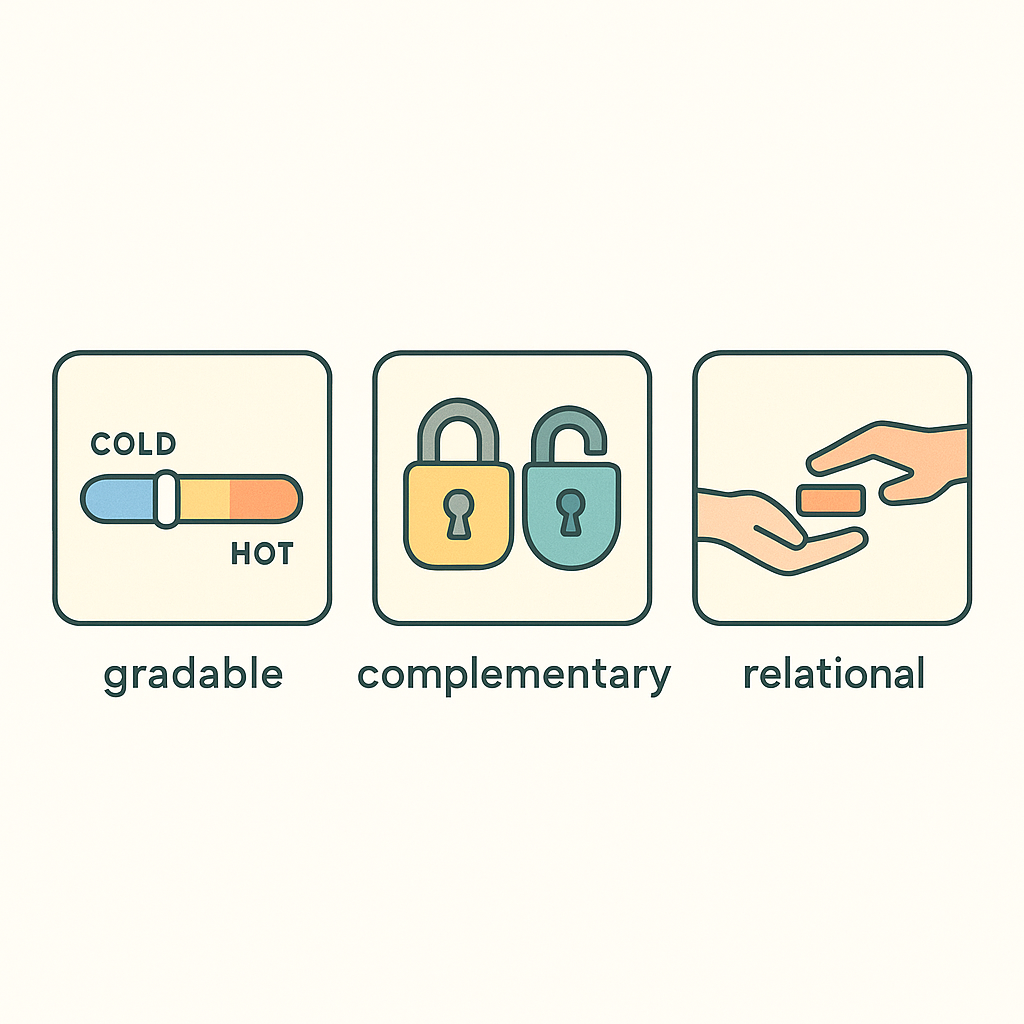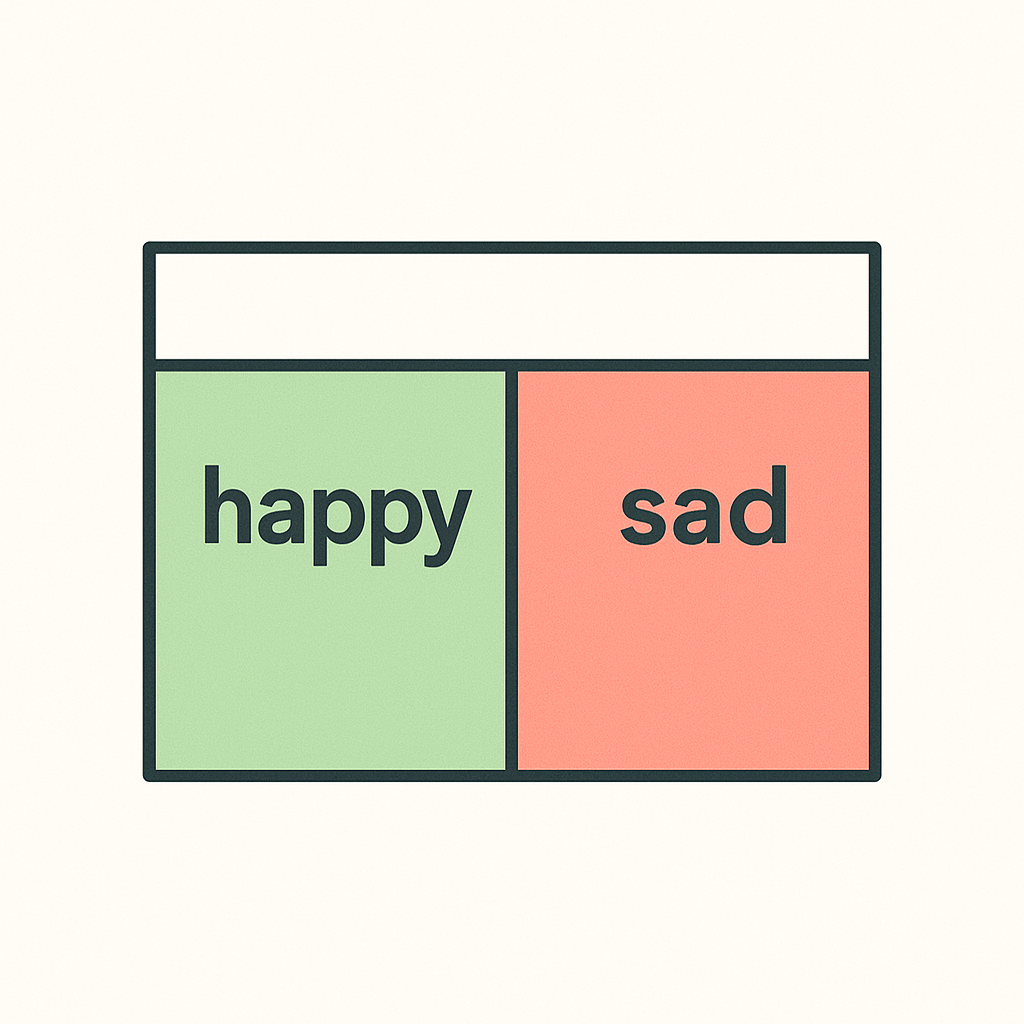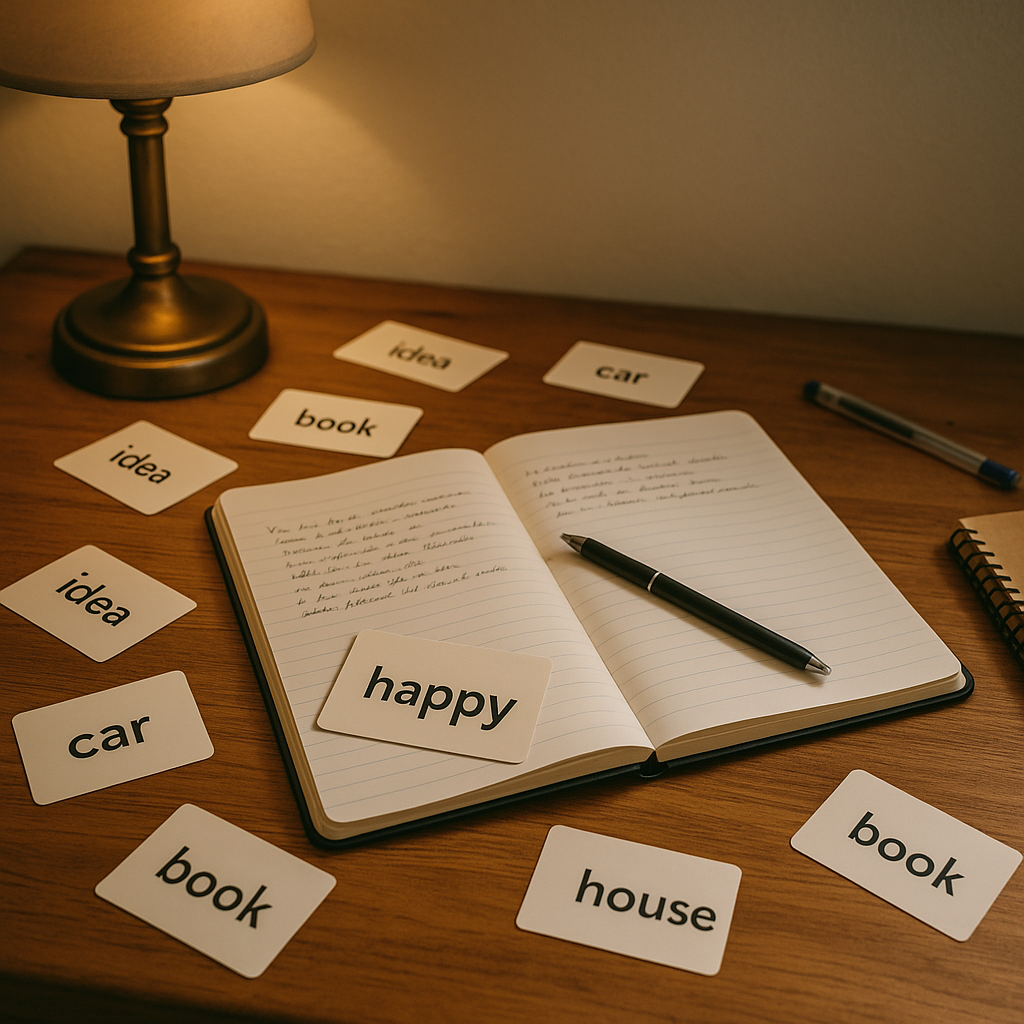
Introduction
Ever described something as big only to realize small was exactly what you needed? Welcome to the world of antonyms—those magical word pairs that double your vocabulary and halve your confusion.
In this guide, we’ll explore how learning opposite words in English isn’t just a memory game, but a gateway to richer conversation, sharper writing, and better test scores. Whether you’re prepping for IELTS, teaching a classroom full of curious minds, or just tired of saying “nice” for the hundredth time, antonyms are your underrated power-up.
We’ll cover what antonyms actually are (spoiler: not just “hot” and “cold”), share a handy antonyms list, sprinkle in fun examples and quizzes, and give you realistic tips for making them stick.
Need help with more grammar basics? Check out Oxford Learner’s Dictionary for clear definitions and usage.
What Are Antonyms? (Definition & Types)
Antonyms are words with opposite meanings. That’s it. Simple, right? But these opposites come in different flavors:

- Gradable Antonyms: Think hot vs. cold. There’s a sliding scale between them.
- Complementary Antonyms: Dead or alive. You’re either one or the other—no in-between (zombie jokes aside).
- Relational Antonyms: Buy and sell, teacher and student. These exist in relationship to each other.
Understanding these helps you pick the right antonym—and avoid embarrassing mistakes. Like describing your dog as both lazy and energetic in one breath.
Common Antonym Pairs with Examples:
- Big – Small
- Hot – Cold
- Fast – Slow
- Light – Dark
Want a refresher on word types? See our post on parts of speech.
Why Learning Opposites Improves Your Vocabulary
Want to sound smarter? Of course you do. Mastering antonyms is a low-effort, high-impact way to boost your vocabulary, especially for:
- English exams like TOEFL or IELTS
- Writing variety (your essays deserve more than the word “good”)
- Speaking clarity, because saying “not bad” is fine, but “great” hits harder
- Understanding context when reading tricky texts or instructions
You’re not just memorizing an antonyms list—you’re giving yourself a toolbox of word choices that adapt to whatever English throws your way.
Need vocabulary tips? Try our vocabulary building through gamification guide.
Antonyms List of Words with Meanings
Let’s look at some everyday opposite words in English with example sentences to show them in action:

| Word | Antonym | Example 1 | Example 2 |
|---|---|---|---|
| Big | Small | The elephant is big. | The mouse is small. |
| Happy | Sad | She felt happy on her birthday. | He looked sad after the movie. |
| Fast | Slow | Cheetahs are fast runners. | Turtles are slow but steady. |
| Hot | Cold | I love hot tea in the morning. | Ice cream melts when it’s not cold. |
| Light | Dark | The room was light and airy. | It became dark after sunset. |
| Early | Late | He arrived early to the meeting. | I was late because of traffic. |
| Easy | Hard | That test was easy! | Math is hard for some people. |
| Clean | Dirty | The kitchen is clean now. | Your shoes are dirty! |
| Strong | Weak | She’s strong after months of training. | I’m weak when it comes to chocolate. |
| Open | Closed | The store is open. | The museum is closed on Mondays. |
Mini Quiz: Test Your Antonym Knowledge
Let’s see if you were actually paying attention:
1. What is the antonym of “Big”? a) Large
b) Small
c) Huge
2. Which is the opposite of “Happy”? a) Joyful
b) Glad
c) Sad
3. “Fast” means the opposite of…? a) Quick
b) Slow
c) Speedy
4. Choose the antonym of “Light” (as in brightness): a) Heavy
b) Dim
c) Dark
5. What’s the antonym of “Open”? a) Wide
b) Closed
c) Narrow
Answers at the end of the post. Don’t cheat. You’re only lying to yourself.
Tips to Learn Antonyms Easily
Want to actually remember this stuff?
- Use flashcards: Old school but effective. One side = word, other side = antonym.
- Create silly sentences: “The cat is fat, the rat is thin.” Now try unseeing that.
- Practice with games: Crosswords, memory matches, or this thing called talking to people.
- Set a daily goal: Learn 5 new antonym pairs a day and use them in a sentence.
- Read actively: Highlight antonyms as you read books, blogs, even cereal boxes.

You can also check out this guide to collective nouns, verbs ending in -s, or brush up on simple future tense examples to give your grammar some backup.
Still confused? Use the Oxford English Grammar Reference for deeper explanations.
Antonyms vs. Synonyms: Key Differences
Antonyms aren’t just test prep. They’re a cheat code for more expressive, confident English.
Start small (or big?), try the quiz, steal our tips, and make antonyms your new best friend.
Now tell us—what’s your favorite antonym pair? Drop it in the comments!
And for more quirky, practical English learning content, browse the rest of our blog.
FAQ
Q1: What are antonyms in English?
Antonyms are words with opposite meanings, such as “hot–cold” or “big–small.” They help expand vocabulary and improve clarity in writing and speaking.
Q2: What is the opposite of antonyms?
The opposite of antonyms is synonyms. While antonyms mean “opposite,” synonyms are words with similar meanings.
Q3: How can I learn antonyms effectively?
Start with daily practice, use flashcards, and apply new antonym pairs in real sentences. Reading books and doing quizzes also help memorization.
Q4: Where can I find a list of antonyms?
You can explore comprehensive antonyms lists online, in dictionaries, or language learning blogs like this one, which include examples and meanings.
Q5: Why are antonyms important in English exams?
Antonyms improve vocabulary range, make essays more expressive, and are frequently tested in English exams like IELTS, TOEFL, or SAT.
